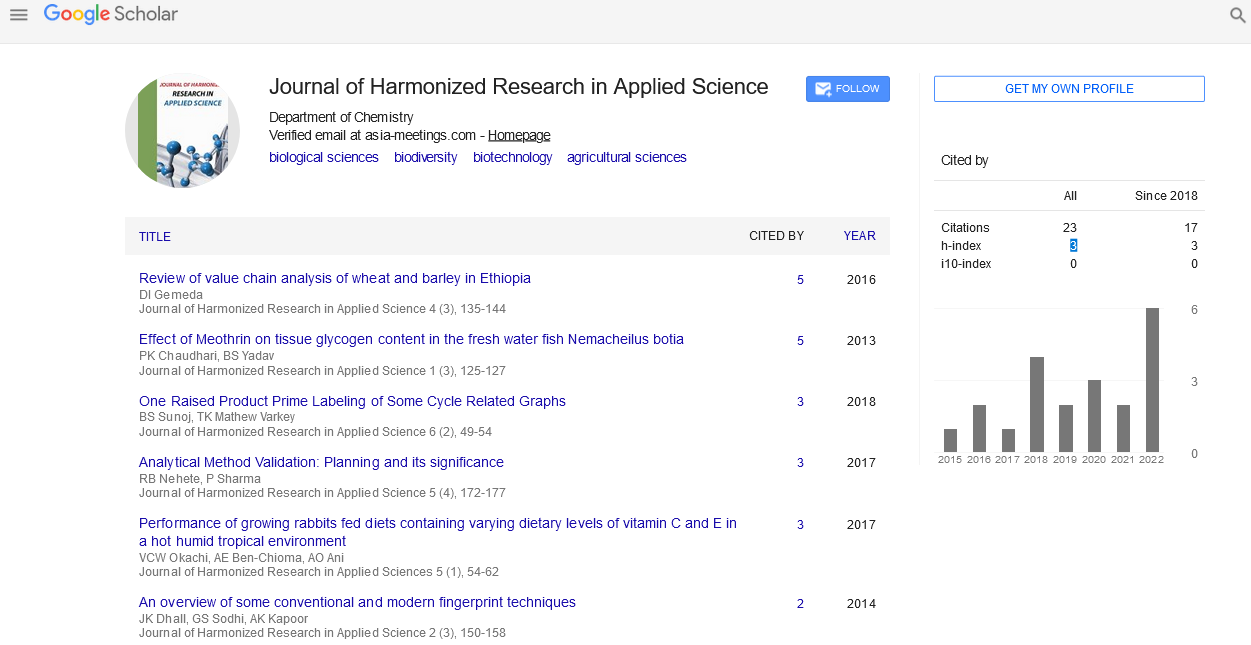ENHANCING RURAL FOOD SECURITY AND CONSERVING NATURAL ENVIRONMENT THROUGH IMPROVED BEEKEEPING IN ASANO KOTO WATERSHED, ETHIOPIA
Abstract
Author(s): Teklu Gebretsadik
The role of bees in agriculture, in maintaining biodiversity and in sustainable livelihoods and food security has been widely demonstrated. Nevertheless, the potential of beekeeping is far too often not exploited in forest activities and development programmes, because the benefits of bees and beekeeping are not well known to stakeholders. This paper is aimed to provide farmers and stakeholders in the beekeeping on the conservation sector with information and arguments to convince them to view beekeeping as aviable commercial and protective measure that should always be considered in conservation programmes. The study revealed that by increasing beekeeping skill, honey producers in the watershed realized the value and the need to conserve watershed as they obtained alternative income from honey production as high value commodity. Adoption of beekeeping was realized to be appropriate adaptation measures following the fact that it improved livelihood of local people and enhanced sustainable conservation of the natural environment. Therefore, if watershed conservation and livelihood preservation are to occur, it is important to bring the voices of honey producers to the forefront of watershed conservation efforts. The study also determined several factors that have been barriers to wider adoption of beekeeping at Asano koto watershed. These include lack of appropriate beekeeping skills among local people, financial constraints and environmental factors. To promote and sustain beekeeping among rural communities at the watershed, improvement of extension services, tree planting campaign and microfinance services have been suggested.










